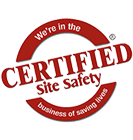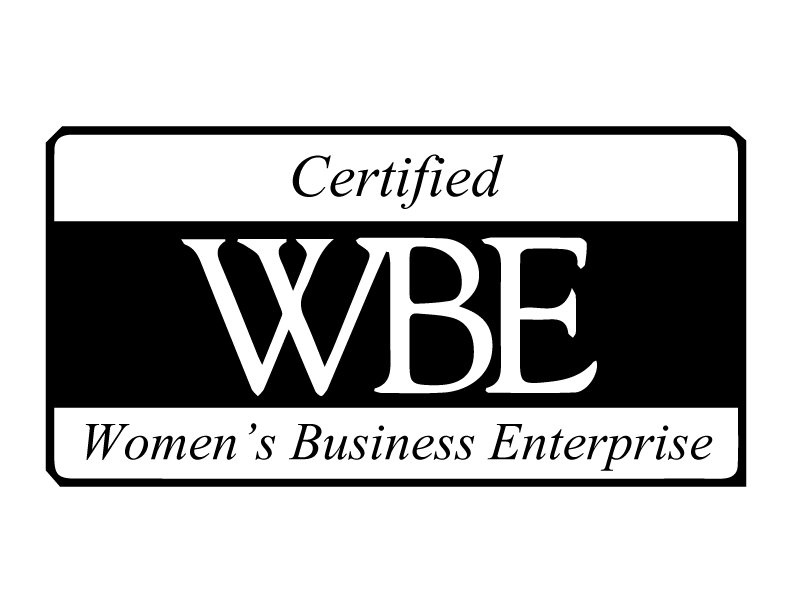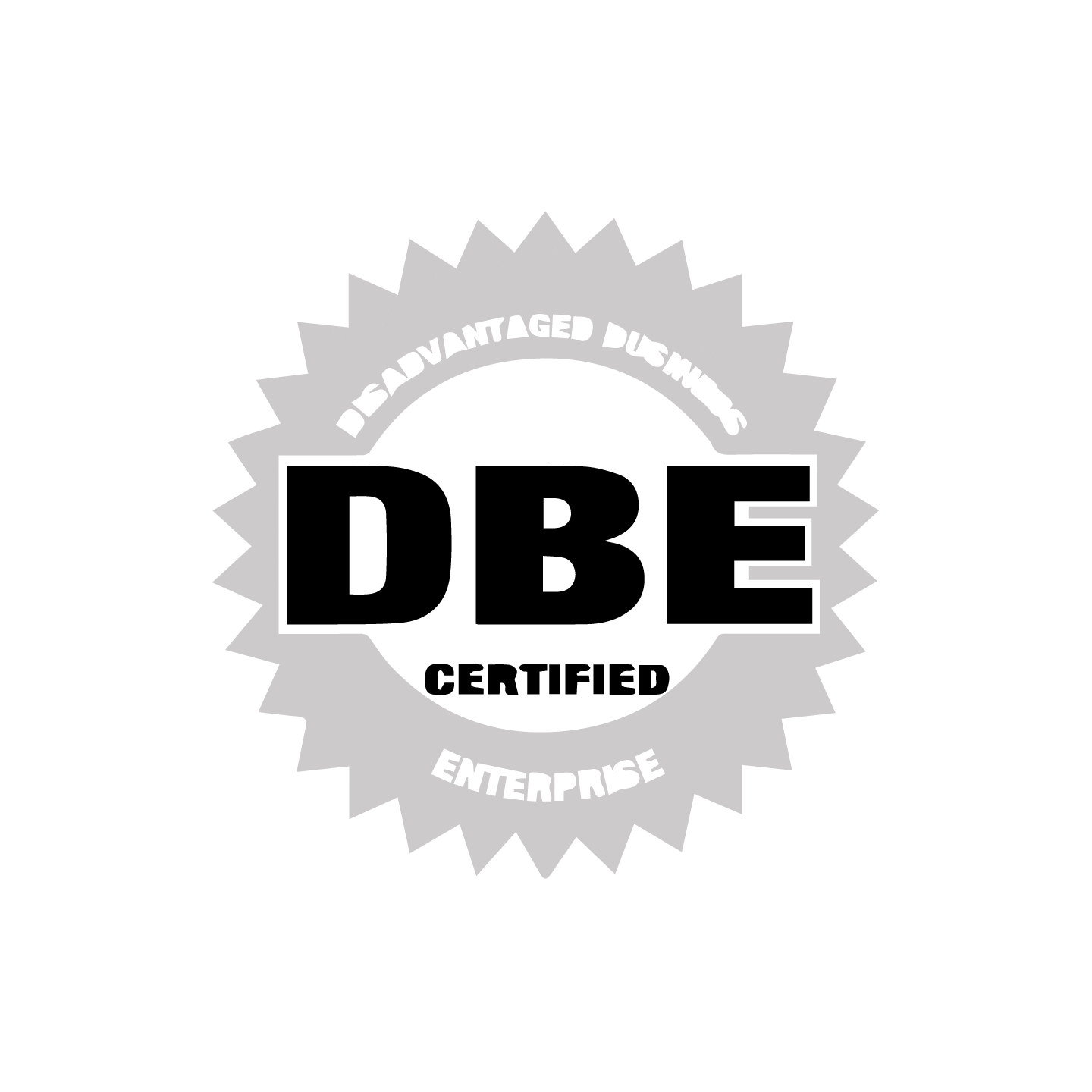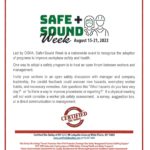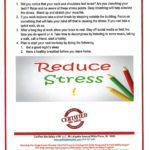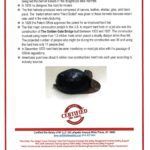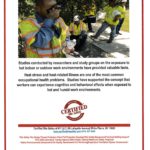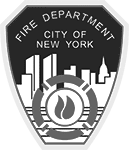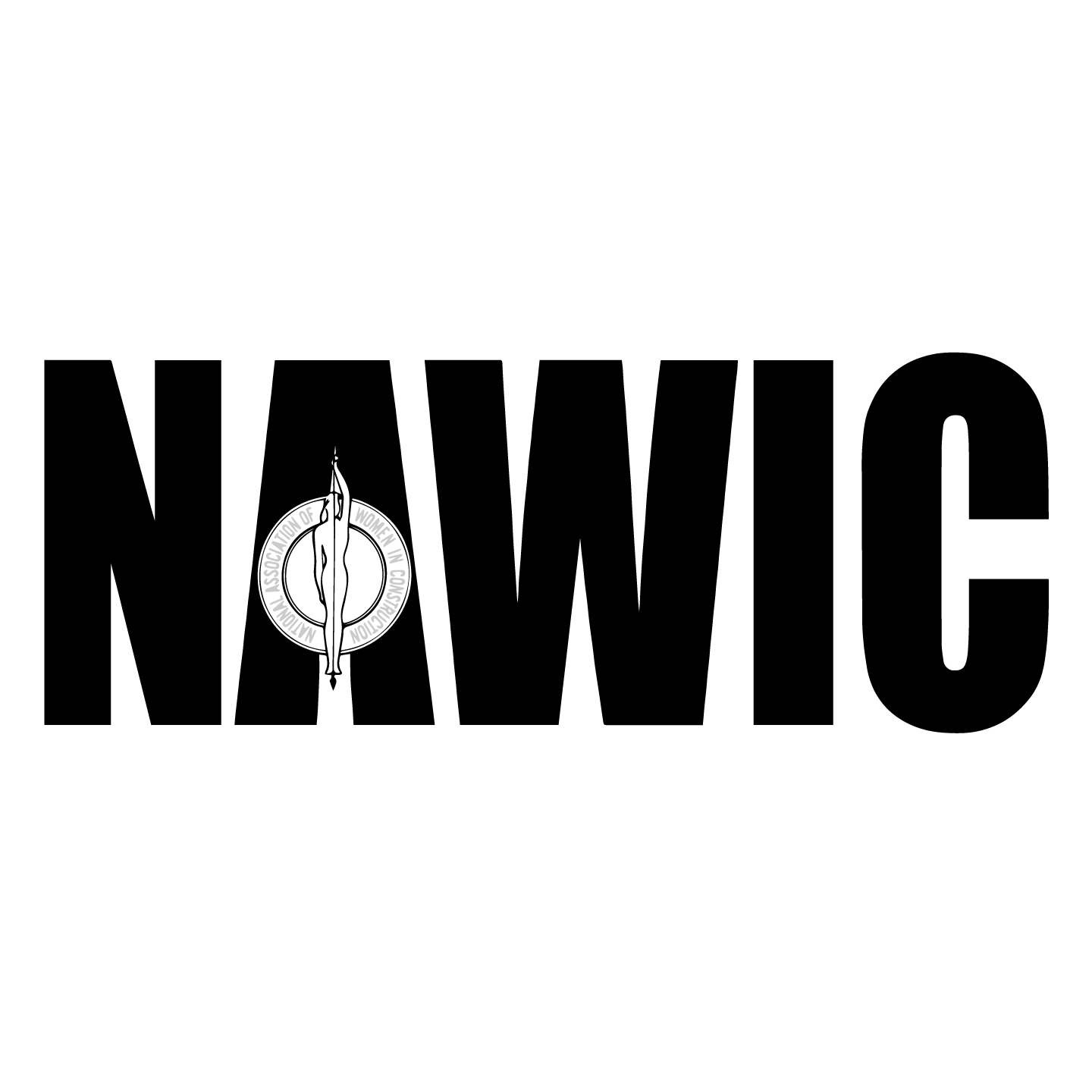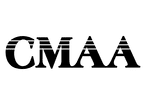Companies that regularly emphasize the importance of jobsite safety are the most likely to prosper. Receipt of an OSHA citation for noncompliance can negatively impact your company’s reputation and bottom line. The right safety program will not only make your jobsite safer and more productive, as long as you don’t overlook some important areas.
Personal Protective Equipment
Most employees refer to personal protective equipment as PPE. These items are crucial for protecting workers from various hazards. For example, dust masks should be won when sawing, and when handing noisy tools, earplugs should be used. Goggles and hard hats are typically worn at all times on a construction site in order to protect workers against dangerous flying or falling objects.
One of OSHA’s requirements is that employers provide PPE to all staff when necessary for the workplace. Some employees find this equipment uncomfortable or a hassle to wear, so it is up to the supervisor to ensure their compliance.
Jobsite Safety Orientation and Training
Before any work is started on the job, it is important that the site supervisor reviews potential workplace hazards with employees. This will include advising workers on what types of PPEs are required for the job and whether any specific safety policies apply, such as confined space or fall protection procedures. Many companies use PPE assessments and training certification checklists for each employee, which will verify that all staff is aware of the hazards of the job as well as proper operating procedures.
Fall Protection
In addition to fall prevention training, it is important that employers complete a test review of worker knowledge. All employees need to know how to prevent falls. Check fall protection equipment regularly, especially after each use in order to look for signs of damage. Document your inspections and be sure to comply with OSHA regulations as you complete your documentation.
Fire and First Aid Safety
In the construction field, the risk for injury is much higher than other industries. For this reason, it is crucial that your employees know first aid. Ensure that you have first aid kits readily available and that your staff knows how to use them. Workers should know how to treat common injuries, and they should be instructed to report any injuries to their supervisors. Burn kits, eyewash stations, and emergency drench showers should also be available as necessary, and staff members should receive adequate training on how to operate them.
Confined Space Safety
If your workers are required to do their jobs in a small space, special precautions need to be taken. Working in a small space could result in injury from being exposed to an oxygen-deficit, combustible, or toxic atmosphere. It is crucial that these spaces are connected via a reliable monitoring system, and your staff should know how to identify the risks associated with confined spaces. A Lockout/Tagout system should also be implemented to prevent workers from unwanted starting of potentially dangerous machines.
Employees rely on supervisors to create a safe working environment. Creating the right safety plan and enforcing it will keep your staff safe while complying with OSHA and other legal requirements.
